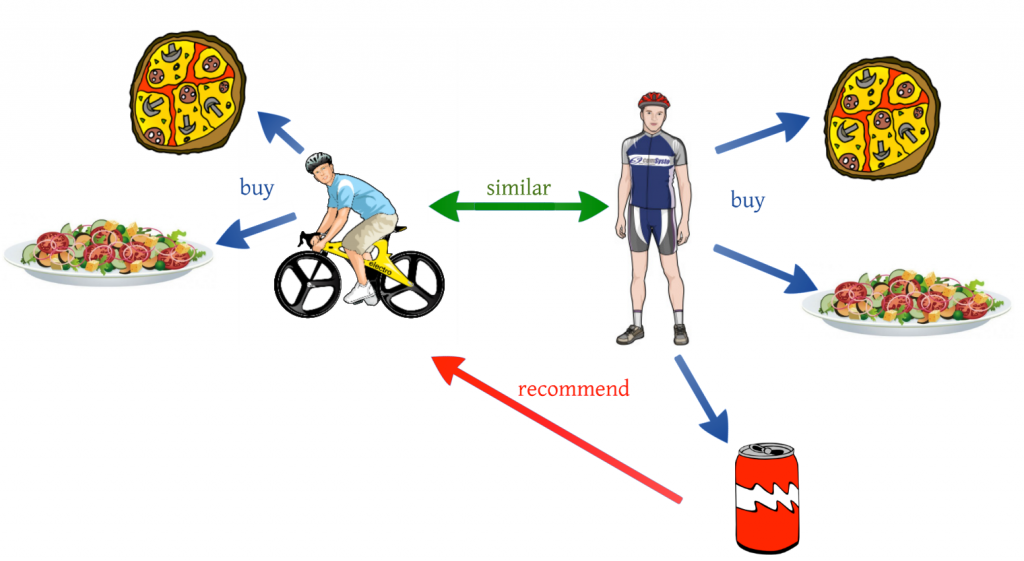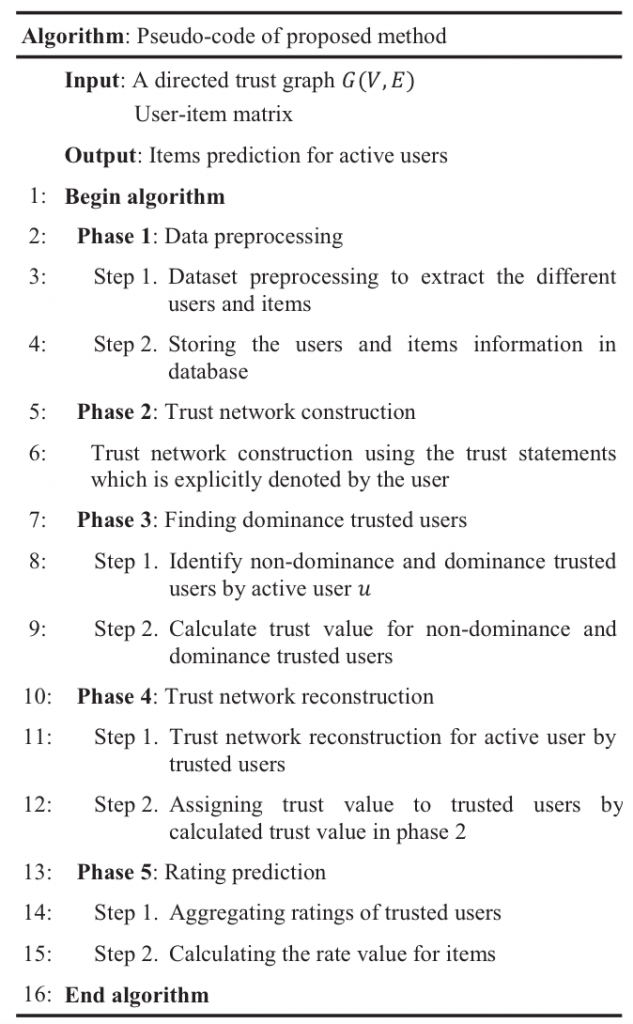
Recommendation systems are quite widely used in the web. Amazon use it to recommend books, youtube to recommend videos based on other users preferences who are similar to the active user. Recommender systems helps users to express their interests. This has helped massively on the explosion of information on the internet. Imagine if Amazon didn’t have a recommender system, users won’t be able to be exposed to the same amount of goods they are currently exposed at.
Small.World will be using a recommender system that will help matching friends who share other friends and interests. (Azadjalal, Moradi and Abdollahpouri, 2014) came to a conclusion that most people rely on recommendations by friends rather than by strangers and this is our emphasis on Small.World. Recommendation will be made on how much the active user trust others.
The main concern is how to improve this matching ? To answer this question, let’s take a look at one of the most important features of Recommender systems which is “Collaborative Filtering” that predict ratings for active users on things/people based on other user’s opinion. Those ratings can be improved using trust statements. The paper suggests a novel method to improve trust in Recommendation systems using game theory (Azadjalal, Moradi and Abdollahpouri, 2014). Using Pareto Dominance concept which is a state of allocation of resources where making an individual in the network better is impossible without making everyone else on the same network worse-off (Wikipedia, 2015). the concept doesn’t take equality under consideration. It is applied to income distribution where the rich gets richer and the poor gets poorer.
Game theory is used to help identifying those trustable users who correctly have the same interests of the active user and who therefore should be the candidate [FOAF]. The method suggested applies pre-filtering process that reduces the chances of choosing the least trusted users from those who are trusted. To do that, the method uses a process with five steps to predict trust for each user as the fig.1 shows.
Figure 1. Algorithm of the proposed method (Azadjalal, Moradi and Abdollahpouri, 2014)
Trust is a hot topic on the social networks. Algorithms for trust in recommendation systems are developed to help users make wise decision. Small.World tends to use the proposed algorithm because of the matching requirements. Also, Small.World tends to adopt the latest and most efficient algorithm if it will meet our needs.
Refrences:
Azadjalal, M., Moradi, P. and Abdollahpouri, A. (2014). Application of game theory techniques for improving trust based recommender systems in social networks. In: The Fourth International Confrence on Computer and Knowledge Engineering. [online] Sanandaj, Iran: IEEE Computer Society, pp.261-266. Available at: http://ieeexplore.ieee.org [Accessed 24 Apr. 2015].
Wikipedia, (2015). Pareto efficiency. [online] Available at: http://en.wikipedia.org/wiki/Pareto_efficiency [Accessed 28 Apr. 2015].


